The rating participants were ranked based on the amount of traffic to the company's websites in different countries of the world per month.
There are two key features that define an online marketplace:
- Many sellers and buyers trade through the same site.
- Customers can purchase products without leaving the site (or mobile app).
10. Target
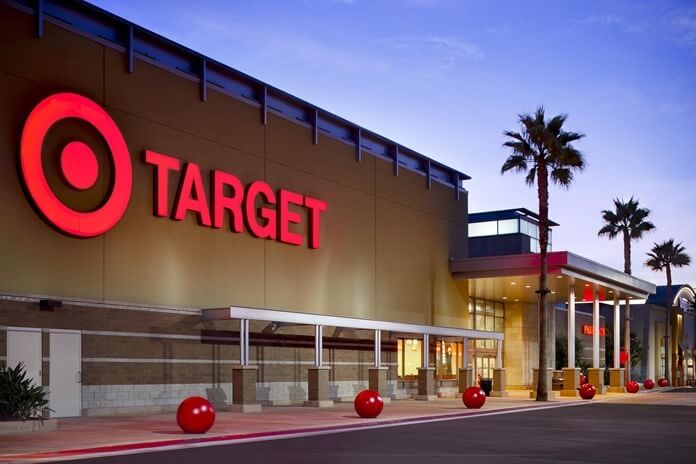 Russian users are unlikely to be familiar with this online store. But in America it is very popular due to its affordable prices and the richest assortment of general-purpose goods.
Russian users are unlikely to be familiar with this online store. But in America it is very popular due to its affordable prices and the richest assortment of general-purpose goods.
9. Tmall
 The first, but not the last Chinese Internet platform in the ranking of the most popular marketplaces in the world. It is managed by Alibaba Group and operates on the B2C (business-to-consumer) system.
The first, but not the last Chinese Internet platform in the ranking of the most popular marketplaces in the world. It is managed by Alibaba Group and operates on the B2C (business-to-consumer) system.
That is, to open a store on Tmall, you need to be a legal entity and provide evidence of the existence of the manufacturer or brand. This protects buyers from purchasing counterfeit goods.
Previously, Tmall operated within China, but in 2017 it entered the Russian market. Now it also offers products from Russian companies, and many foreign sellers have their warehouses in our country, so delivery from Tmall is often faster than from Aliexpress.
8. Allegro
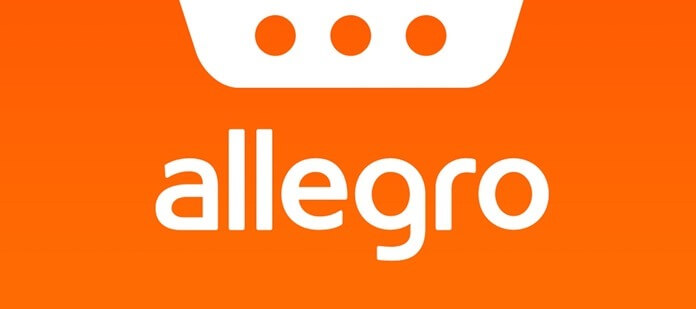 It is one of (if not the) largest online marketplaces in Poland with over 15 million customers.
It is one of (if not the) largest online marketplaces in Poland with over 15 million customers.
It could be said that Allegro is for Poles what Amazon is for US citizens. This online retailer offers over 60 million sales of various products per month.
7. ETSY
 Etsy is a popular place to buy and sell all kinds of handmade, novelty, and vintage items. It has more than 198 million sellers in 83 countries and more than 35 million buyers.
Etsy is a popular place to buy and sell all kinds of handmade, novelty, and vintage items. It has more than 198 million sellers in 83 countries and more than 35 million buyers.
This marketplace provides certain sales benefits such as:
- Provides sellers with a targeted customer base that is accustomed to easily finding handmade items that cannot be found anywhere else.
- Offers sellers the ability to personalize many of their products.
- Allows sellers to collaborate with other sellers and sell their products together using group stores, providing greater flexibility and saving time.
- The company's marketing tools allow clients to easily create promotions and promo codes.
- Etsy does not offer any subscription plans for sellers like other marketplaces, and it charges a minimum fee for items sold.
- This marketplace offers integration with Facebook.
6. Taobao
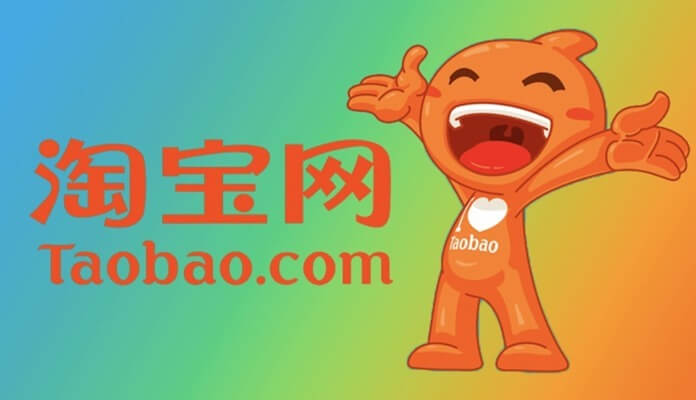 This online platform, unlike Aliexpress, is focused on Chinese users and does not send its products directly to Russia or other countries of the world (unless you make a direct agreement with one of the sellers).
This online platform, unlike Aliexpress, is focused on Chinese users and does not send its products directly to Russia or other countries of the world (unless you make a direct agreement with one of the sellers).
However, numerous intermediary companies solve this problem. They consolidate the goods sent by the user to the warehouse address in China, pack them and send them to the destination country. Of course, these services are not free, but given the huge range of goods (and many of them are much cheaper in China than on Aliexpress), these costs are justified.
5. AliExpress
 Who among Russians does not know "old Ali", where you can find almost any product and, often, at a much lower price than Russian retailers. Aliexpress, owned by the Chinese giant Alibaba, is one of the leading online platforms for sellers and buyers from different countries of the world.
Who among Russians does not know "old Ali", where you can find almost any product and, often, at a much lower price than Russian retailers. Aliexpress, owned by the Chinese giant Alibaba, is one of the leading online platforms for sellers and buyers from different countries of the world.
This marketplace targets customers outside of China and supports multiple languages and offers a variety of shipping methods.
And although Aliexpress has recently become less customer-oriented (for example, cases of refusal to refund money for defective goods have become more frequent), and prices have risen sharply following the dollar exchange rate, it is still profitable to buy there.
4. Walmart
 This name may be unfamiliar to Russian users, but in the West, Walmart is one of the leaders in e-commerce.
This name may be unfamiliar to Russian users, but in the West, Walmart is one of the leaders in e-commerce.
This marketplace prefers sellers who:
- Offer recognizable brands.
- Located in the USA.
- They have a huge variety of products.
- Provide excellent customer service.
- May accept international returns.
The company also teamed up with FedEx to create the FedEx Advantage program, which offers a 37 percent discount if orders placed on Walmart are shipped via FedEx.
3. Rakuten
 Formerly known as Buy.com, the site is the third-largest e-commerce platform in the world. About 80 percent of Japan's population shops on Rakuten.
Formerly known as Buy.com, the site is the third-largest e-commerce platform in the world. About 80 percent of Japan's population shops on Rakuten.
The site offers a wide range of product categories, including electronics, health and beauty products, sporting goods, office supplies, auto parts, home decor and clothing.
The core principle of this online retailer is based on a Japanese concept called “Omotenashi,” which encourages personalized and high-quality service. This concept states that the market encourages more direct relationships between sellers and buyers and motivates each seller to provide users with extraordinary service.
2. eBay
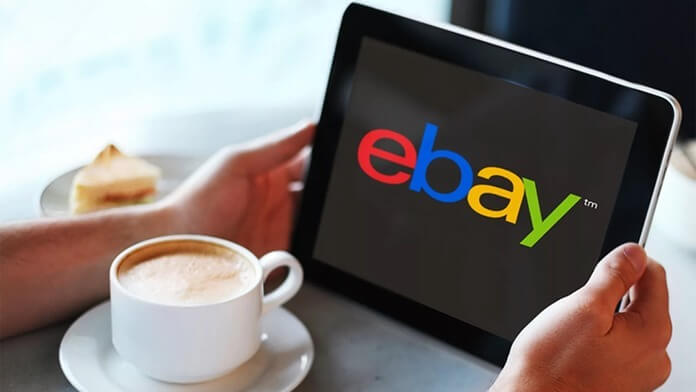 This popular marketplace was founded in 1995 by programmer Pierre Omidyar and became widely known in the early 2000s.
This popular marketplace was founded in 1995 by programmer Pierre Omidyar and became widely known in the early 2000s.
According to the results of 4 quarters of 2020, the revenue of this online trading platform amounted to 10 billion dollars.
On eBay you can find products from many unknown or little-known brands. You can also find not only new but also used everyday items.
1. Amazon
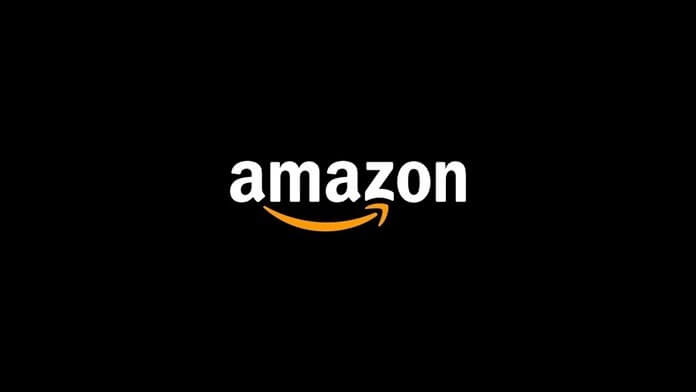 The most famous e-commerce marketplace in the world, Amazon is often used as an example of what a marketplace should be.
The most famous e-commerce marketplace in the world, Amazon is often used as an example of what a marketplace should be.
Amazon sellers are usually well-known brands, and if you're looking for something out of the ordinary, you might want to look elsewhere.
Amazon has offices in 12 locations, with its most popular locations in the US, UK, Germany, Italy, France, Japan and Spain. It is the best option for retailers looking to have a global presence.

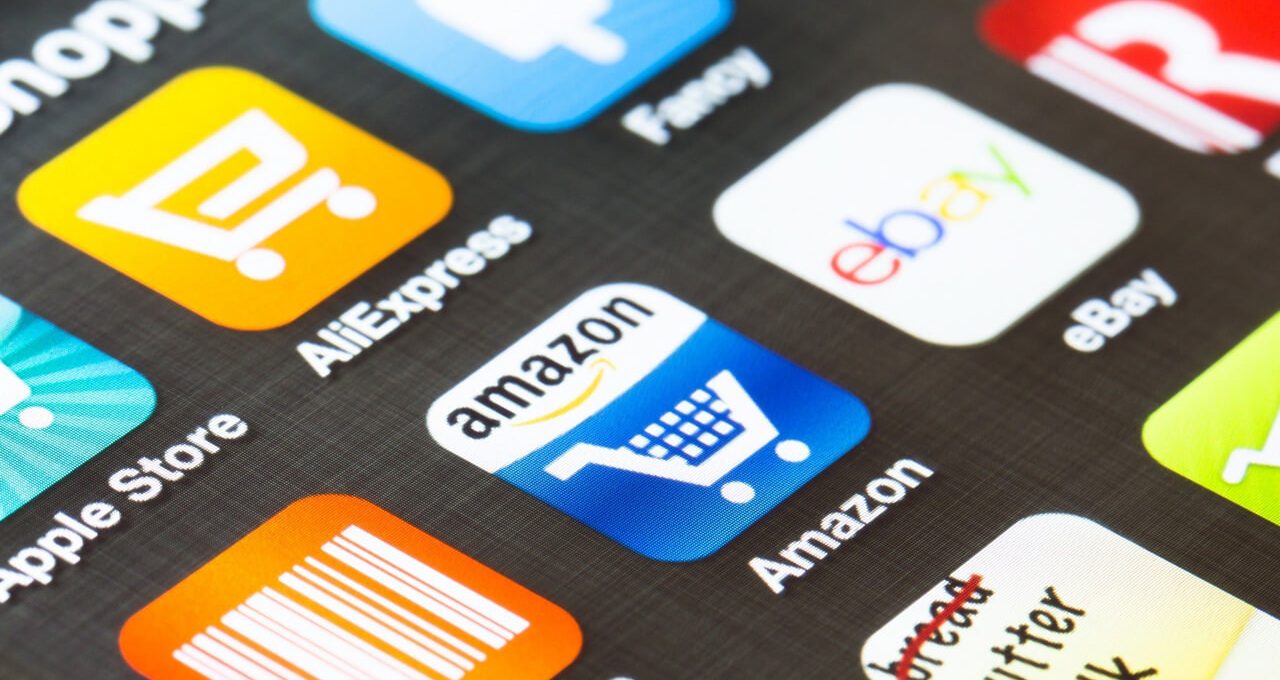












Оставить Комментарий